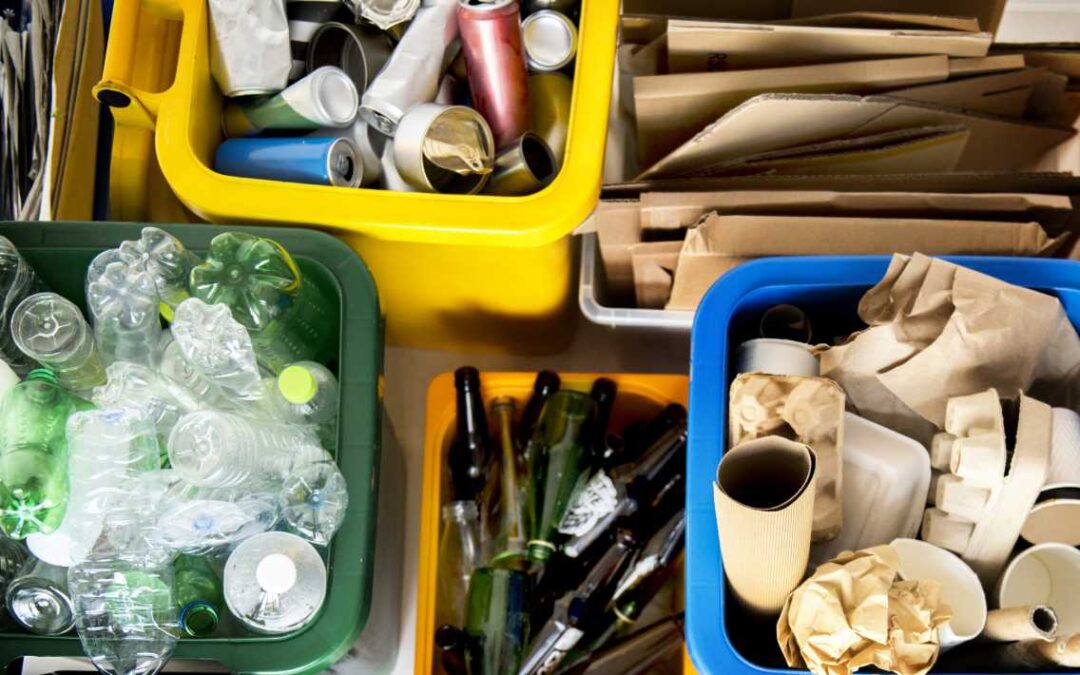Recycling is an essential aspect of waste management that helps us reduce the amount of waste that ends up in landfills. Recycling conserves natural resources, saves energy, reduces greenhouse gas emissions, and creates jobs. Minnesota has been at the forefront of recycling efforts in the United States, with a statewide recycling program that mandates certain materials must be recycled. However, more needs to be done to increase the effectiveness of recycling in Minnesota.
Why Do We Need to Improve Recycling?
The importance of recycling cannot be overstated. In the United States, only about 5% to 6% of plastic is recycled, and over 30 million tons of plastic waste is generated every year. Properly recycling plastic bottles, food waste, and other materials can make a significant impact on reducing the amount of waste that ends up in landfills. Moreover, recycling can help create jobs and support the recycling industry.
How Has Minnesota Improved Recycling?
Minnesota has made significant strides in improving recycling in the state. The Minnesota Recycling Act requires businesses and individuals to recycle materials like glass, paper, plastic, and aluminum. Additionally, the state has set a goal to reach a 75% recycling rate by 2030 and has provided funding for recycling infrastructure and education programs.
Minnesota has also implemented innovative recycling initiatives, such as using recycled asphalt in road construction and promoting the use of recycled tire rubber in playground surfaces. Aspen Waste works in the Twin Cities to recycle as much as possible.
How Can We Improve the Effectiveness of Recycling?
To improve the effectiveness of recycling, it’s essential to increase recycling rates and promote the use of recycled products. Local governments can help by providing more recycling bins and educating residents on the importance of recycling. Businesses can also play a role by reducing their waste and buying recycled products. Consumers can help by reusing and recycling materials and supporting recycling programs.
How can recycling be improved? Here are six ways:
- Increase education and awareness: One of the main reasons recycling efforts are not as effective as they could be is a lack of education and awareness. By educating people on what can be recycled, how to recycle properly, and the importance of recycling, we can increase recycling rates.
- Invest in recycling infrastructure: Local governments and recycling companies can improve recycling by investing in better recycling infrastructure, such as sorting and processing facilities, to handle more materials.
- Promote the use of recycled products: By promoting the use of recycled products, we can increase the demand for recycled materials, which can lead to more effective recycling efforts.
- Implement a deposit system: A deposit system can encourage people to recycle by providing a financial incentive to return bottles and cans for recycling.
- Increase funding for recycling programs: By increasing funding for recycling programs, we can provide more resources to improve recycling efforts, such as education programs, recycling infrastructure, and recycling research.
- Provide more recycling bins: By providing more recycling bins in public places, such as parks, shopping centers, and airports, we can make it more convenient for people to recycle.
How To Improve Plastic Recycling
Plastic recycling is a crucial aspect of recycling efforts, given the amount of plastic waste generated. To improve plastic recycling, it’s essential to reduce the amount of plastic waste generated and increase the amount of plastic that is recycled. This can be achieved by reducing plastic use, using more recyclable plastics, and increasing investment in recycling processes. Additionally, consumers can help by properly recycling plastic items and supporting the use of recycled plastic products.
Takeaways
Recycling is a critical aspect of waste management that helps us conserve natural resources, save energy, and reduce greenhouse gas emissions. Minnesota has made significant strides in improving recycling in the state, but more needs to be done to increase recycling rates and promote the use of recycled products. By properly recycling and supporting recycling programs, we can make a difference in reducing the amount of waste that ends up in landfills and creating a more sustainable future.
Aspen Waste provides recycling services in select cities in the Twin Cities area. Contact us for more information regarding service options.
